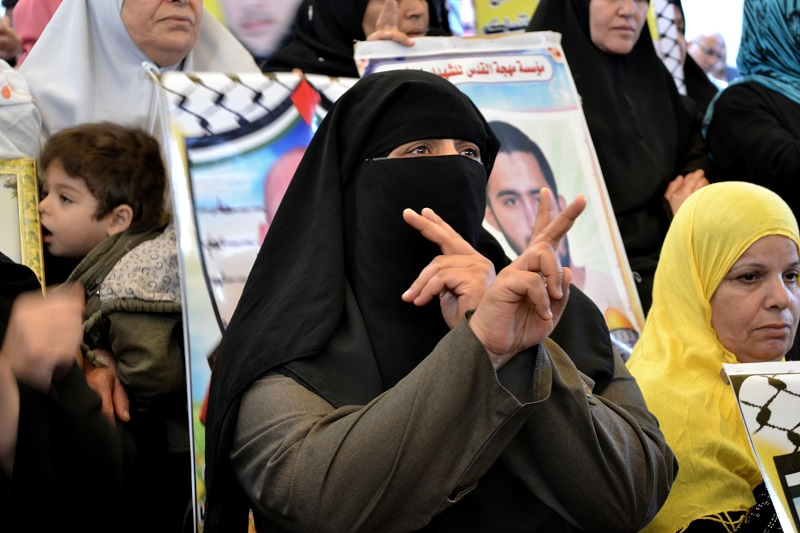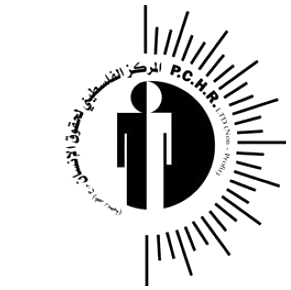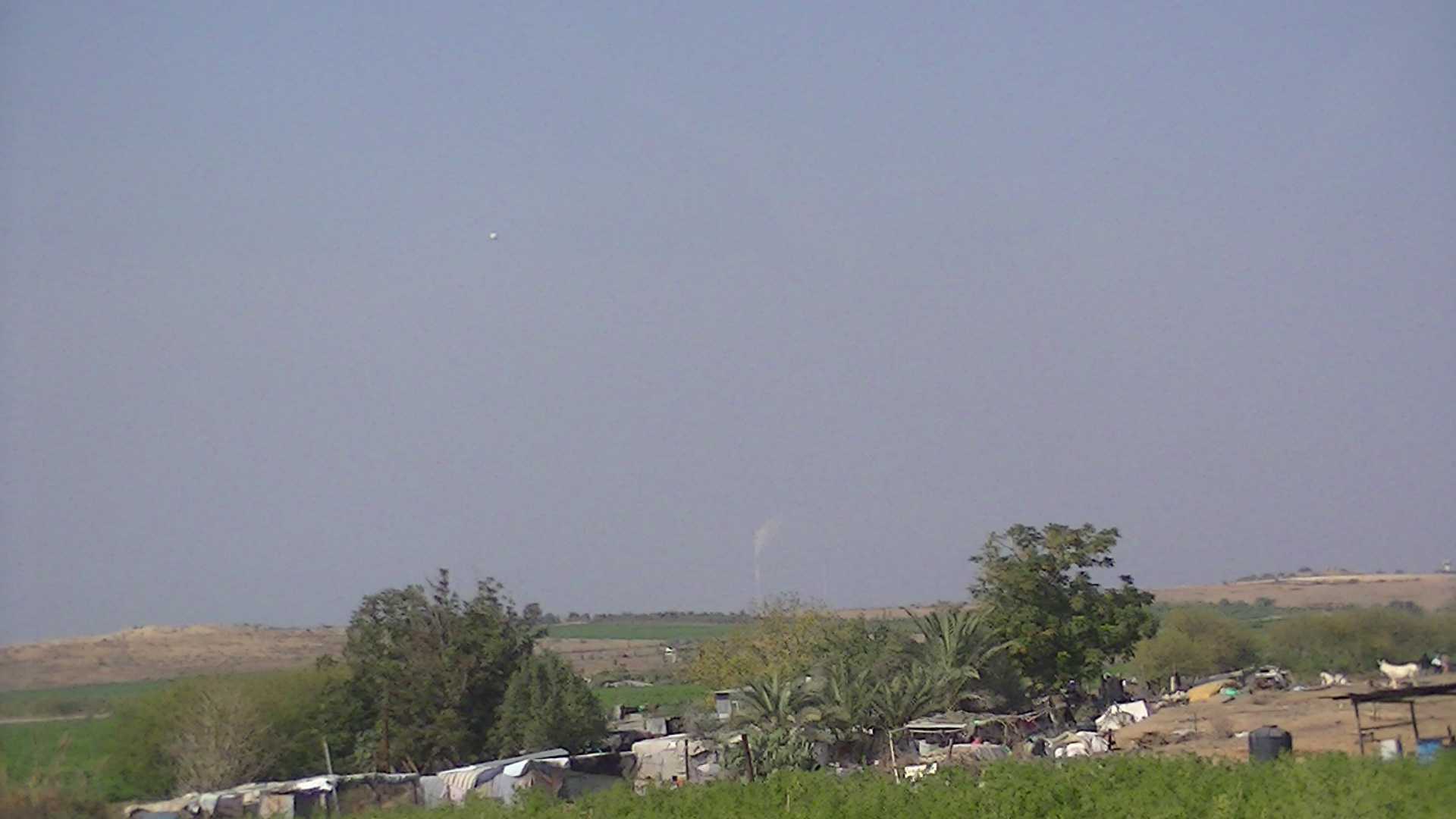Category: Gaza
-
Photos: Gaza’s weekly rally in solidarity with the Palestinian prisoners
11th November 2013 | International Solidarity Movement, Rosa Schiano | Gaza, Occupied Palestine On Monday morning, many relatives of Palestinian detainees, political representatives and solidarity activists attended the weekly rally at the International Committee of the Red Cross in Gaza City. In the first part of the sit-in, families of Fateh prisoners commemorated the ninth…
-
After Gaza Power Plant Forced off, Humanitarian Conditions of Approximately 1.7 million Palestinians in the Gaza Strip Deteriorate
8th November 2013 | Palestinian Centre for Human Rights| Occupied Palestine The Palestinian Centre for Human Rights (PCHR) expresses deep concern over the deterioration of humanitarian conditions of the civilian population due to the aggravation of the electricity crisis in the Gaza Strip. On Friday morning, 01 November 2013, the operation of the Gaza power…
-
Israeli surveillance balloon over Palestinian farmland in ‘buffer zone’ near Beit Hanoun – 6/11/13
8th November 2013 | Corporate Watch, Tom Anderson and Therezia Cooper | Beit Hanoun, Occupied Palestine



